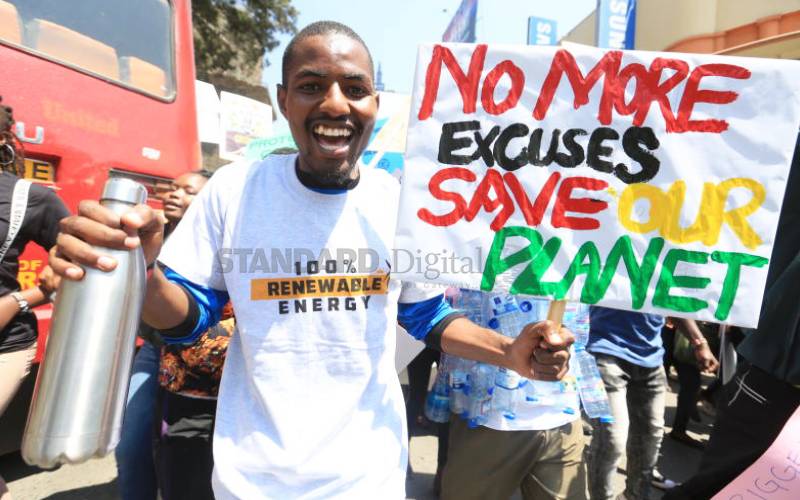×
The Standard e-Paper
Join Thousands Daily

A section of Kenyans demonstrate in Nairobi streets for what they termed as negative climate change, the demo was christened climate justice. [George Njunge/Standard]
At the insistence of my mother, I grudgingly sought a doctor’s advice last week. I could feel her concern when, between rib-cracking coughs, she asked whether I had seen a physician.